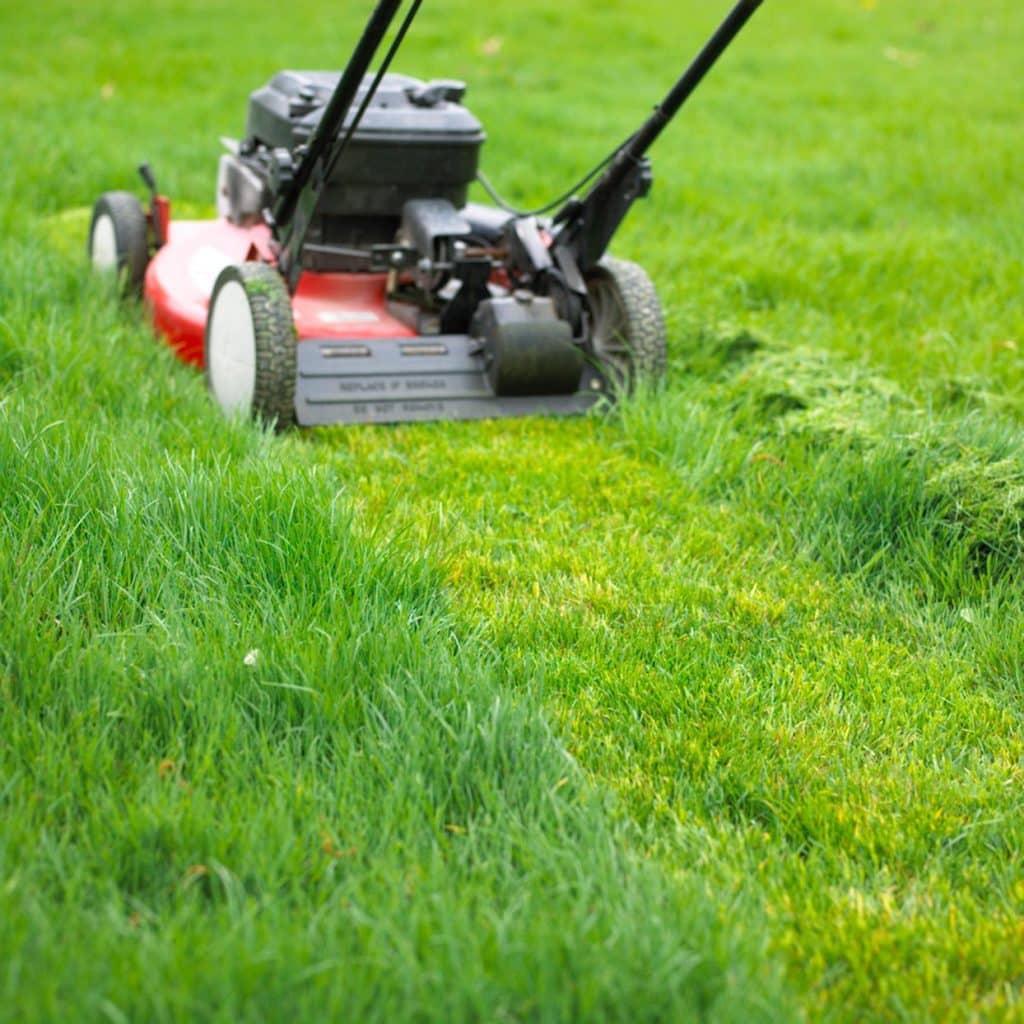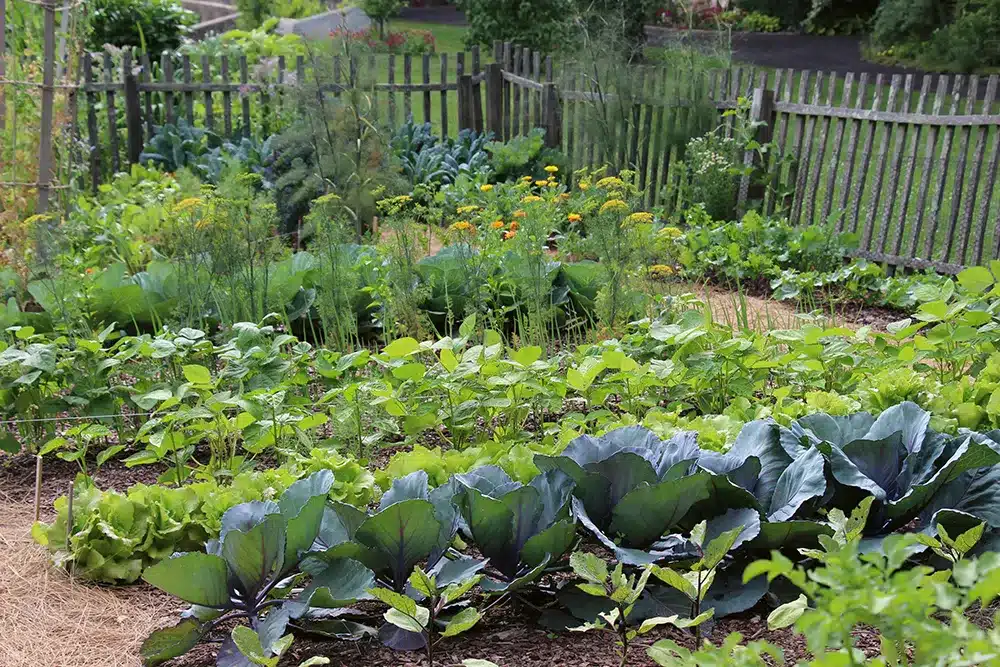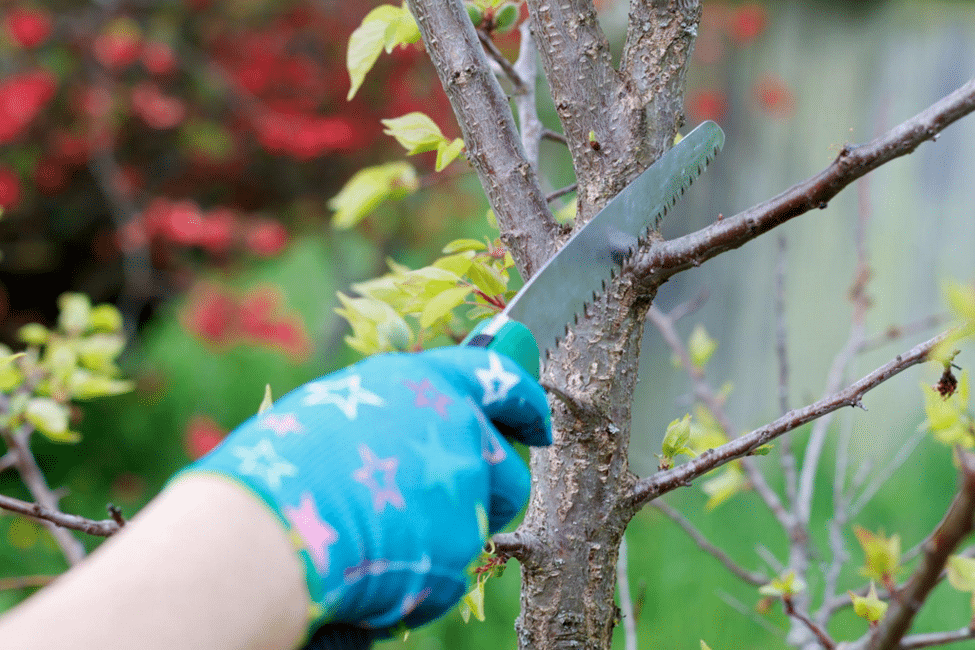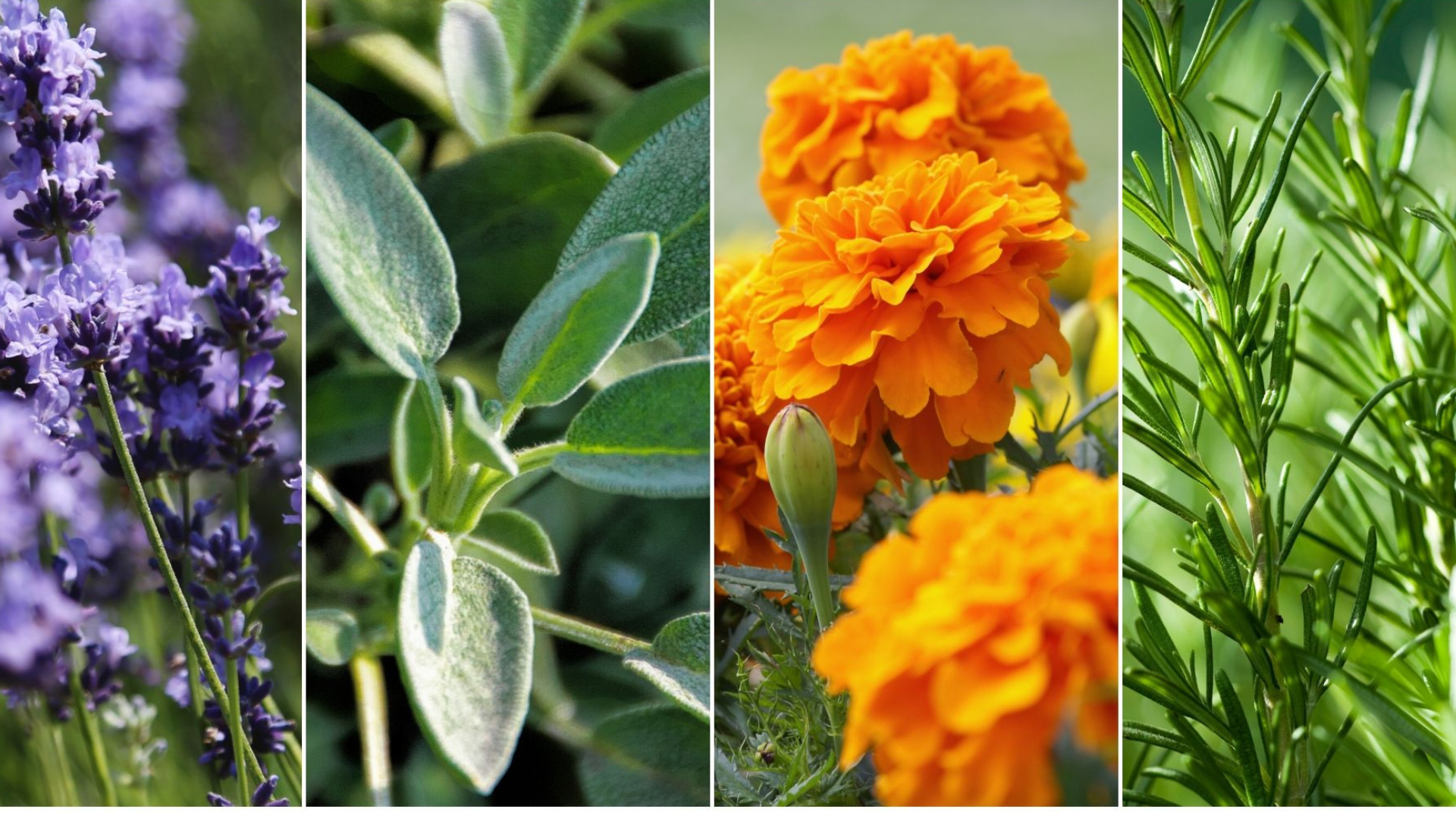Eco-Friendly Approaches to Lawn Care and Weed Control
Creating a lush, green lawn is a common goal for many homeowners. However, traditional methods of lawn care and weed control often involve chemicals that can harm the environment.
In recent years, eco-friendly approaches have gained popularity as they provide a sustainable alternative to maintaining beautiful lawns without sacrificing the planet’s well-being.
This article explores innovative and natural ways to care for your lawn and control weeds, ensuring your green space thrives in harmony with nature.
The Power of Proper Mowing

Taller grass provides shade to the soil, reducing water evaporation and preventing weed seeds from germinating. This method, often overlooked, is a straightforward step towards a more sustainable lawn.
Kubota lawn mowers are engineered to provide precise and efficient cuts, making them an excellent choice for maintaining a healthy and attractive lawn, ultimately aiding in your gardening efforts.
Integrated Pest Management (IPM)
Integrated Pest Management (IPM) is a holistic approach to managing lawn pests and diseases. It focuses on prevention and using the least toxic methods as a last resort.
IPM encourages natural pest control methods, such as encouraging beneficial insects that prey on common lawn pests, thus reducing the need for chemical interventions.
In recognizing the importance of targeted intervention for persistent weed issues, understanding and applying specific solutions can be essential.
For example, managing crabgrass, dandelion, and similar weeds effectively, exploring options like Quinclorac DF, a post-emergent herbicide designed for turfgrass, can provide an option for those seeking alternatives that align with focused weed management strategies.
Cultivate a Healthy Soil Ecosystem

Practices such as composting and aerating promote soil health, leading to a more sustainable and low-maintenance lawn.
Embrace Organic Fertilizers
Organic fertilizers are a cornerstone of eco-friendly lawn care. Unlike their synthetic counterparts, organic fertilizers release nutrients slowly, nourishing your lawn over time and improving soil health.
This gradual process helps build a stronger, more resilient lawn capable of warding off weeds and pests naturally.
Explore the Benefits of Companion Planting
 Companion planting can also play a significant role in eco-friendly lawn care and weed control. Planting certain types of plants together can help deter pests naturally, promote healthier growth, and even improve soil quality.
Companion planting can also play a significant role in eco-friendly lawn care and weed control. Planting certain types of plants together can help deter pests naturally, promote healthier growth, and even improve soil quality.
For example, placing fragrant herbs around the lawn can repel certain types of insects, reducing the need for chemical pesticides.
Adopt a ‘Less is More’ Approach
Adopting a ‘less is more’ approach to lawn care can lead to significant environmental benefits. By reducing the frequency of mowing, watering, and fertilizing, you not only save time and resources but also minimize your lawn’s ecological footprint.
This approach encourages a more natural growth pattern and promotes wildlife diversity within your garden.
Water Wisely
Efficient watering practices are crucial to eco-friendly lawn care and weed control. Overwatering can promote the growth of weeds and contribute to runoff, which harms local waterways.
Instead, water your lawn deeply but infrequently to encourage deep root growth, which helps plants withstand drought and outcompete weeds.
Community Involvement and Education
Finally, community involvement and education play a crucial role in promoting eco-friendly lawn care practices. Sharing knowledge and resources with neighbors and local community members can amplify the positive impact on the environment.
By working together, communities can create more sustainable green spaces that benefit everyone, including local wildlife.
Utilize Natural Weed Suppressants

Similarly, ground covers such as clover not only beautify your lawn but also outcompete weeds and reduce the need for frequent mowing.
Final Thoughts
Eco-friendly lawn care and weed control are not only possible but also rewarding. By adopting these practices, you contribute to the preservation of our environment, ensuring a healthier planet for future generations. Embracing a more natural approach to lawn maintenance doesn’t mean compromising on beauty or functionality. It means working in tandem with nature to cultivate a thriving, sustainable outdoor space that benefits both your home and the earth.







